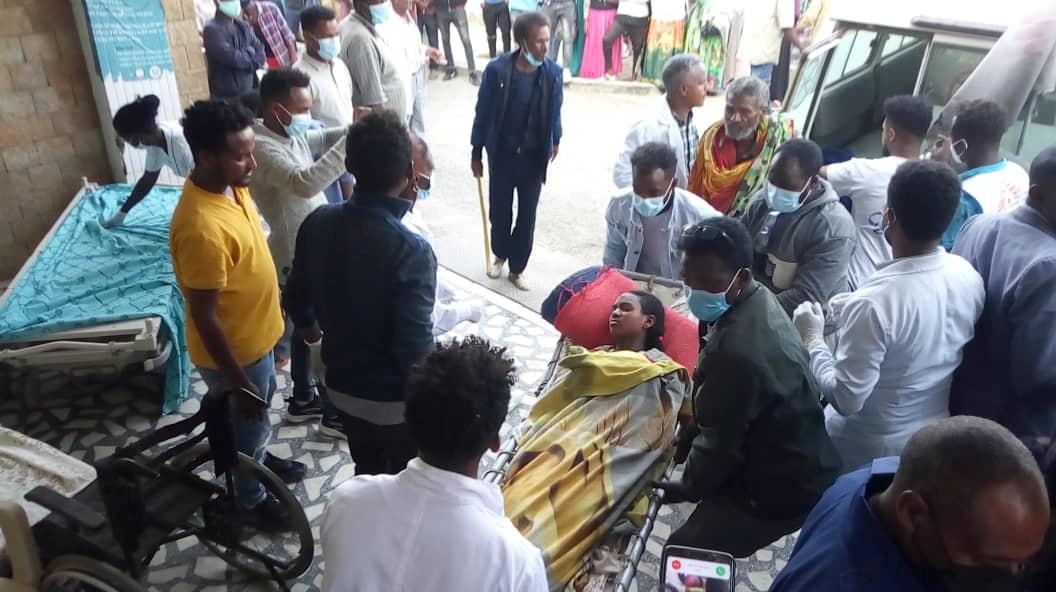ADDIS ABABA, Ethiopia—An airstrike in the town of Togoga in Ethiopia’s Tigray region on June 22 has killed at least 43 people, a medical official told Reuters, after residents said new fighting had flared north of the regional capital Mekelle in recent days.
Ethiopian military spokesman Col. Getnet Adane didn’t confirm or deny the incident. He said airstrikes were a common military tactic and that government forces don’t target civilians.





